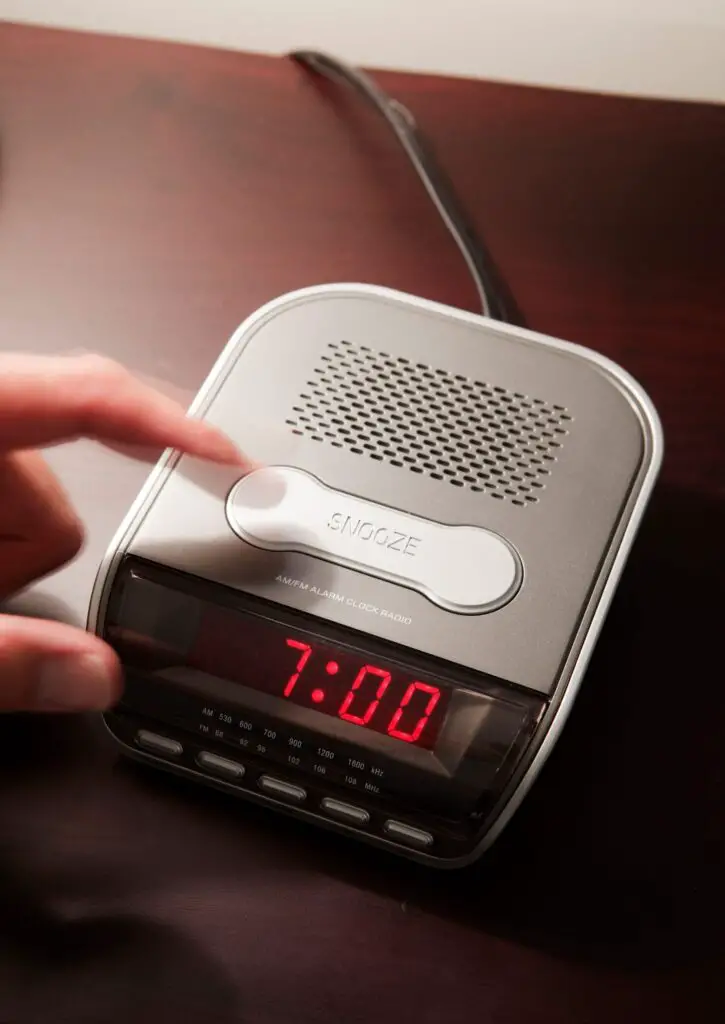
Credit: Adobe Stock
Scientific Reason You Wake Up Minutes Before Your Alarm Goes Off
It turns out, there’s a scientific reason why you always seem to wake up just minutes before your alarm goes off…
The experience of waking up just moments before your alarm rings is a familiar one for many, and it often feels like an uncanny coincidence.
But there’s a scientific explanation behind this phenomenon that ties back to the incredible precision of the human body’s internal systems.

At the center of this mystery is a cluster of nerves in the brain known as the suprachiasmatic nucleus, located in the hypothalamus, the Daily Star reports.
This group of nerves functions as the body’s master timekeeper, regulating various essential functions like blood pressure, body temperature, and, most importantly, your sense of time.
The suprachiasmatic nucleus plays a critical role in controlling the body’s circadian rhythm, the internal clock that governs sleep and wake cycles.
This clock becomes more efficient when a person adheres to a consistent sleep schedule, going to bed and waking up at the same times every day.
A key player in this process is a protein called PER, or Period Circadian Protein.
PER helps regulate the body’s sleep-wake cycle by fluctuating in levels throughout the day. It peaks in the evening to prepare the body for sleep and reaches its lowest levels at night.
These low levels contribute to lowered blood pressure and feelings of grogginess, signaling the body that it’s time to rest.
When a person maintains a consistent routine, their internal clock begins to anticipate their wake-up time.
The body prepares for this moment by increasing PER levels in the hours leading up to the alarm.
At the same time, stress hormones such as cortisol are released, which help wake the body gradually.
This preparation ensures that when it’s time to wake up, the transition from sleep to wakefulness is smoother.

What makes this process fascinating is that the body often initiates these changes about an hour before the alarm is set to ring.
This anticipation means that the body is already primed for wakefulness as the alarm approaches.
In some cases, this process works so well that the body wakes itself up naturally, just minutes before the alarm.
This pre-alarm wake-up can feel less jarring than being startled awake by the sound of an alarm because the body has already begun the process of returning to full alertness.
This phenomenon highlights the importance of sleep consistency.
Sticking to a regular sleep schedule trains the body’s internal clock to align with your daily routine, making it more likely that you’ll wake up naturally before an alarm.
However, for those with irregular sleep patterns, such as shift workers, the body’s ability to anticipate wake-up times may be less effective, leading to more reliance on alarms and the abrupt stress they can cause.
Waking up just before your alarm is a sign that your internal clock is working efficiently and that your body is well-synchronized with your routine.
Related Article: Nurse Issues Warning For Anyone Who Sets Multiple Alarms To Wake Them Up In The Morning
Related Article: Which Side You Sleep On Has A Different Effect On Your Body